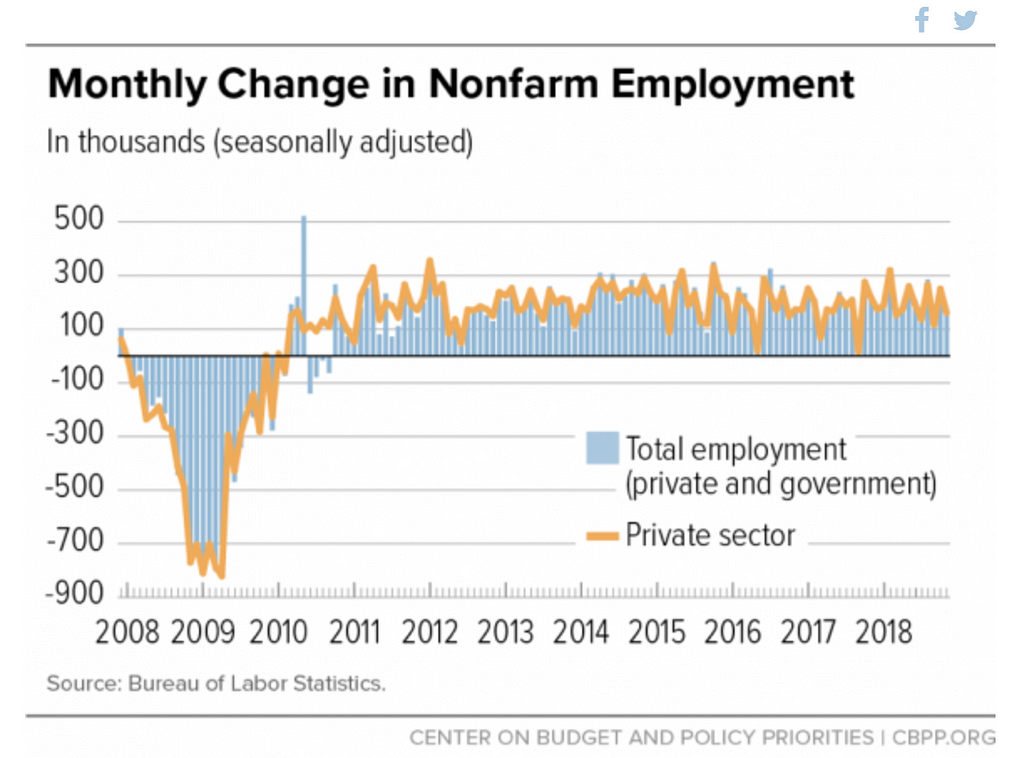Latest news about Bitcoin and all cryptocurrencies. Your daily crypto news habit.
My hypothetical career nightmare is easy: Wake up one morning without any usable skills to carry with me through the next transition. I call this end-of-the-world scenario for my job the “career cliff.”
In this future state of loss, I’m left with nothing. None of the right tools, none of the right experiences, none of the right connections. I’m stuck without a job and without options. As a result, I can’t pivot, and I’m forced to watch the rest of the world pass by and continue to grow and learn and advance while I…don’t.
This paranoia cuts deep for me. As a child of Baby Boomers, I’ve watched more than my fair share of adults around me hit a wall in their careers and then get stuck, wedged like rocks in a waterfall. Whether casualties of the 2008 recession, of the DotCom boom (and bust), or some other circumstance, they are left in tricky scenarios. The macro-environment flows one way — down, and in full force — but not everyone gets carried along with the current.
My dad, who spent thirty years of his life in the automotive industry at Ford Motor Company, is just one anecdote of many thousands of people just like him — individuals who spent 30- or 40-year careers in a single industry, only to lose those jobs in the great recession of 2008.
When you lose the only career you’ve known for 30 years, how easy do you imagine it might be to pivot to something new? What’s happened to the millions of Americans who were impacted by this event just over a decade ago? Where are they now? Who has rebounded? Who hasn’t?
All in, the U.S. economy lost 2.6 million jobs in 2008, the highest yearly job-loss total since the year when World War II ended.
While my family was certainly impacted directly by one end of this loss, it hit me in another way, too. I graduated college in 2009, at a time when the U.S. job market was acting like this:
 Via https://www.cbpp.org/research/economy/chart-book-the-legacy-of-the-great-recession
Via https://www.cbpp.org/research/economy/chart-book-the-legacy-of-the-great-recession
As a result, I learned pretty early on that careers were not for messing around. If you can’t roll with the punches, you’ll get rolled over.
This is probably part of why I immediately starting stretching the limits of my journalism degree right from the start: I’m not just a writer, I’d say; I’m a communicator. And if I’m a communicator, then maybe I can do sales, too. And if I can do sales, then maybe I can do marketing. And if I can do marketing, then maybe I can work at a venture capital firm one day. And who knows what else.
Every role I’ve take on has helped me pick up a new asset or skill. I think about it like acquiring a new weapon or tool in a role-playing computer game, like the moment you earn the “ice rod” in Zelda.
 In Zelda, the Ice Rod lets you freeze enemies and put out fires. Much like picking up a skill like cold-call selling.
In Zelda, the Ice Rod lets you freeze enemies and put out fires. Much like picking up a skill like cold-call selling.
The more tools I have, I think, the more I hedge against my nightmare scenario where I’m left with nothing and no options.
Along the way so far, I’ve gotten a fair bit of experience in retelling my story in different ways, and pushing on walls that open up new doors. I like to look at jobs as a sum of their component parts and the skills you use. I like to create multiple “choose your own adventure” pathways for myself to always have a failsafe, ripcord option if “shit hits the fan.” I’m always thinking about my next job, no matter where I am in my current one.
But I’ve noticed that this kind of thinking doesn’t come naturally for a lot of people. It can seem impossibly overwhelming to look at the world of options and choose one thing to do next and improbable to consider how you might break through into an industry where you don’t currently have any connections.
In addition, I’ve also started to notice more and more instances of “career cliffs” all around me.
There’s the mid-career transition (How does a longtime, stay-at-home mother return to the workforce?), there’s the unexpected downsizing event (If the company you work for shuts down entirely, how do you move on from there?), there’s the skills gap in under-resourced communities (If you’re the first person to go to college, how can you get the support you need to break through and succeed?), there’s the technology wall (If your area of expertise can now be controlled by a more automated system, what else can you grow into?), there’s the immigration issue (If you’re new to a country, how can you get hired and advance your career without visa sponsorship?), and so many more.
With so much fluidity in our labor market today, I believe it’s more important than ever to maximize your job options to hedge your own career, much like you might build out a risk profile for yourself financially. And while this may be a deeply personal issue for me, I imagine it’s never a bad idea to have a couple of alternative options for you, too.
Originally published on Dry Erase.
Hedge Your Work Against “Career Cliffs” was originally published in Hacker Noon on Medium, where people are continuing the conversation by highlighting and responding to this story.
Disclaimer
The views and opinions expressed in this article are solely those of the authors and do not reflect the views of Bitcoin Insider. Every investment and trading move involves risk - this is especially true for cryptocurrencies given their volatility. We strongly advise our readers to conduct their own research when making a decision.